
views
Washington: Describing the current economic atmosphere in India as "deeply troubling", top American lawmakers and experts on Wednesday said the country needs to take urgent steps towards the next phase of reforms to boost economic growth.
At a Congressional hearing on "US-India Trade Relations" by the House Ways and Means Trade Subcommittee chaired by Congressman Devin Nunes, lawmakers and experts described the current economic atmosphere in India as "deeply troubling" with the country following a "protectionist" regime and restrictive trade policies and also accused New Delhi of violating intellectual property.
But they were unanimous that the United States can no longer ignore India and they need to continue and invest in the Asian economic giant.
Observing that India-US strategic partnership is a key relationship with bilateral trade in goods and services rising from miniscule amounts 25 years ago to more than $ 86 billion a year now, Congressman Nunes said that there is scope for much more.
Noting that India is a vital ally of the US in Asia, Ranking Member Charles B Rangel that there is broad consensus across the aisle that some of the trade policies being pursued by India are deeply troubling.
"These policies keep our products and services out of the Indian market and create unfair incentives to spur innovation and production locally in a manner that violates international trade rules," Rangel said.
In his testimony, Arvind Subramanian, Senior Fellow, Peterson Institute for International Economics and Center for Global Development, said that one of the major impediments to boosting India's economic prospects and opportunities for domestic and foreign investors is its regulatory regime, including weak governance, corruption, uncertain tax and investment climate.
"Improving this regime is a first-order priority for India from a purely domestic perspective but it would also benefit foreign business," he said.
But there is little prospect that India will at any time in the near future establish a regime-for example, on nuclear liability, on land acquisition, on power pricing, on taxation of MNCs and so on--that in terms of rule of law and legal certainty will match the standards found in most advanced countries, he said.
Nor will it be able to provide the investment-friendly climate that is associated with effective top-down systems such as China, he added.
Daniel Twining, senior fellow for Asia at the German Marshall Fund of the United States, said India has many more reforms to implement to generate the pace and scale of growth that will make it a world power, but it has already taken enormous strides since it first opened up its economy in the early 1990s.
"America's interest lies in continuing to encourage India to realise its extraordinary economic potential," he said.











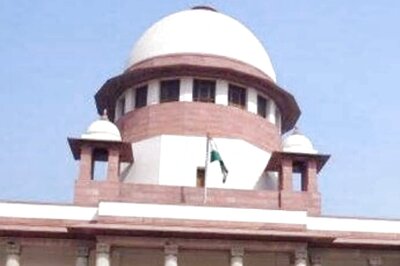
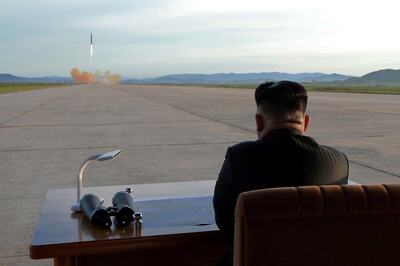
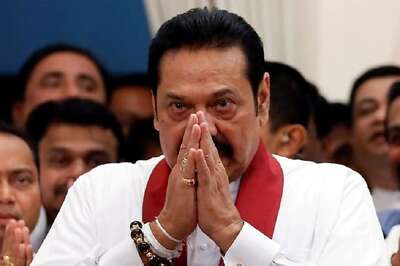



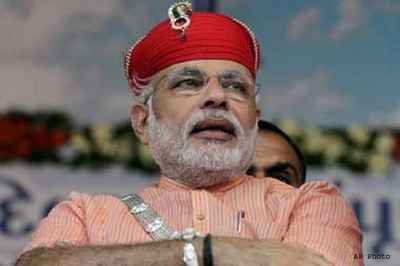
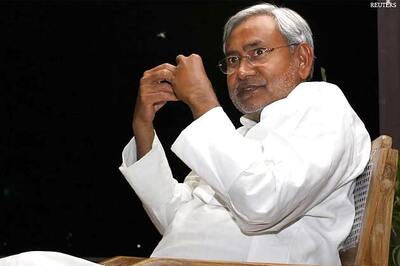

Comments
0 comment